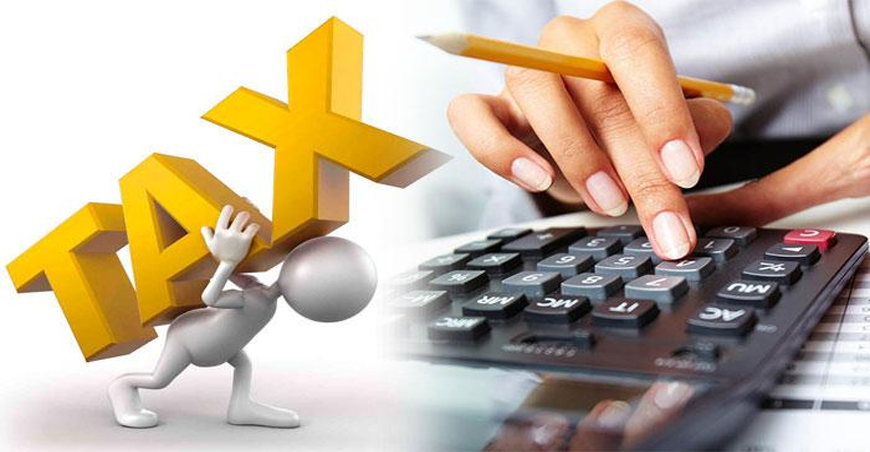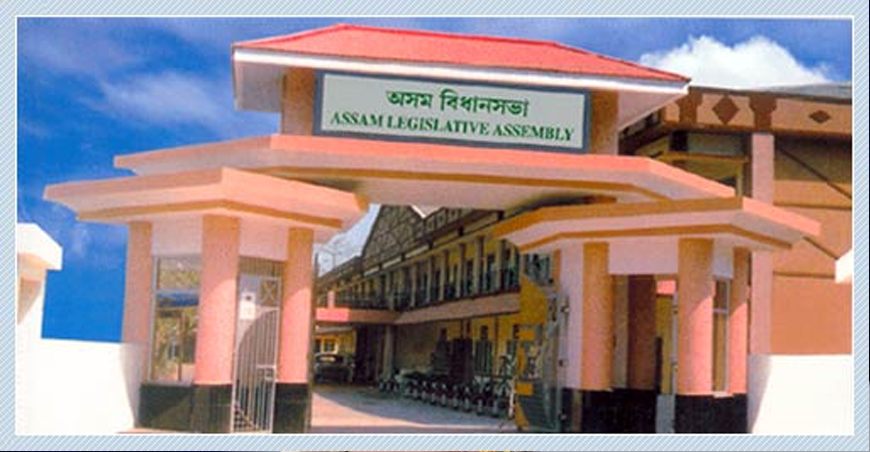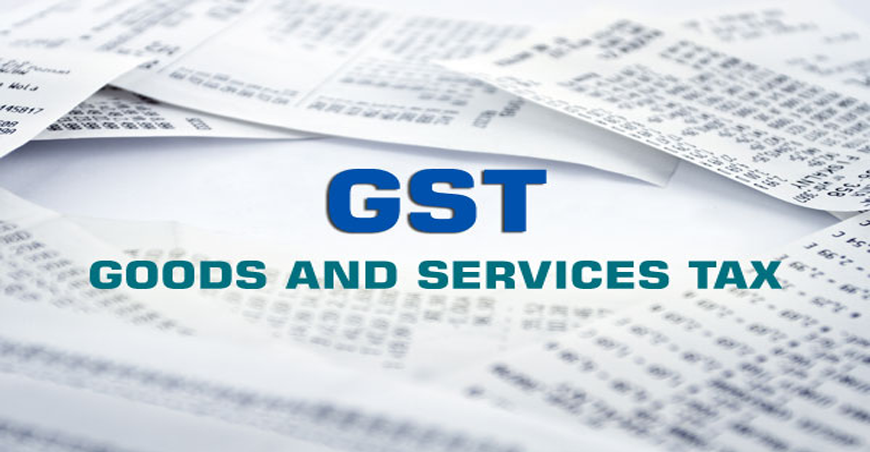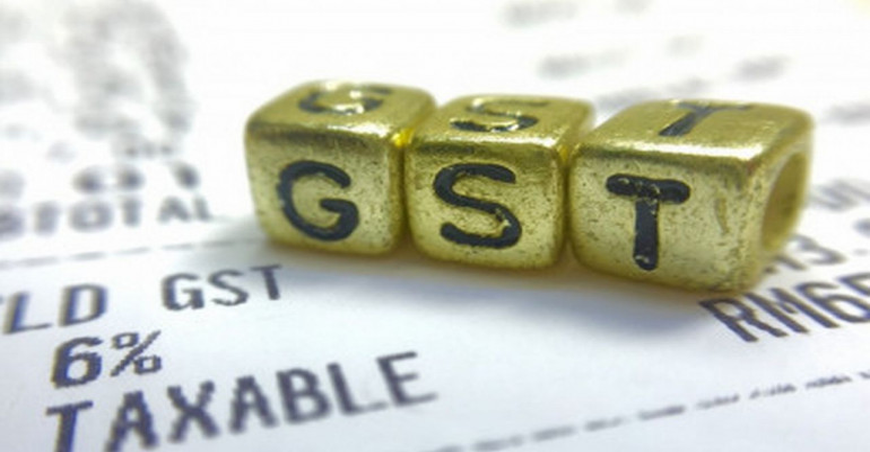While details have not been announced, essential items including food, which presently constitute roughly half of the consumer inflation basket, will be taxed at zero rate.
The Goods and Services Tax (GST) will be levied at several rates ranging from 0 to 28 percent. GST Council has finalised a four-tier GST tax structure of 5 percent, 12 percent, 18 percent and 28 percent, with lower rates for essential items and the highest for luxury and ‘demerit’ goods that would also attract an additional cess.
Service tax will go up from 15 percent to 18 percent.
While details have not been announced, essential items including food, which presently constitute roughly half of the consumer inflation basket, will be taxed at zero rate.
The lowest rate of 5 percent would be for common-use items – usually items of mass consumption.
There would be two standard rates of 12 percent and 18 percent into which the bulk of goods and services would fall. Most commonly used items as well as household items would fall under these two categories.
The highest tax slab will be applicable to ultra-luxuries, demerit and sin goods (like tobacco and aerated drinks). The demerit goods will attract a cess for a period of five years on top of the 28 per cent GST.
The GST will subsume the multitude of cesses currently in place, including the Swachh Bharat Cess and Krishi Kalyan Cess and the Education Cess. Only the Clean Environment Cess is being retained.
The collection from the GST cess as well as that of the clean energy cess would create a revenue pool which would be used for compensating states for any loss of revenue during the first five years of implementation of GST.
The principle for determining the rate on each item will be to levy and collect the GST at the rate slab closest to the current tax incidence on it.
In addition to compensating the origin states for any loss in revenue that may incur on account of the introduction of GST, it is proposed to levy a 1 percent additional tax on the interstate sale of goods for a period of two years (or such other period as may be recommended by the GST Council). This levy is not in line with the objectives the GST regime seeks to achieve, i.e. fungibility of input credits and removal of tax cascading.
Commodities to not fall under GST
Alcohol for human consumption will not fall under the purview of GST in India at present.
Petroleum crude, motor spirit (petrol), high speed diesel, natural gas and aviation turbine fuel etc. will not attract GST.
Electricity has also been kept aside from the purview of GST at present.
The Central-GST and Integrated-GST Bills passed by the Lok Sabha extend to the whole of India, except J&K. Article 370 of the Constitution grants special autonomous status to J&K and Parliament has power to make laws only on defence, external affairs and communication related matters of the state. The J&K Assembly will have to pass a legislation saying the two laws are applicable to the state.
Will GST lead to profiteering?
The GST law contains an anti-profiteering clause that mandates that a manufacturer and others in the supply chain have to pass on the benefits arising out of input credit and lower taxes to consumers or face penalty.
An anti-profiteering authority in a GST regime is not unique to India (Australia and Malaysia also have it) but clarity on the calculation, time-frame, penalties, etc. is awaited. Officials have clarified that this will be a transitional mechanism that will be required in certain sectors, which can tend to be oligopolistic.
How will tax holidays be treated under GST?
GST does not have any provisions for tax exemptions and the central government and individual states will have to reimburse the exemption amounts under extant excise and VAT exemption schemes.
How will goods move under GST?
Under GST, e‐way bills will need to be issued before goods are dispatched. It would be important to carry e‐way bills for the goods in transit as an authorised officer could intercept the conveyance/trucks to verify e‐way bills. This will ensure that unaccounted/non-tax paid goods are disallowed and restricted from moving easily.
As the name suggests, an e-way bill is an online bill that will be used for inter-State supply of goods under GST. It will provide details of the consignor and the consignee as well as the origin and the destination of the cargo. Eventually, to eliminate the physical checks, the Ministry has suggested using the ‘Vahan” and vehicle registration number databases as well as RFID tags to establish the identity of the vehicles.
What is the treatment of pre-GST goods?
The draft GST rules has clarified that as a part of transitional provisions, full VAT credit balance will automatically become part of the opening balance availed under GST. Further, for goods lying at warehouses on which excise duty is paid, excise duty so paid would become part of the opening GST balance. However, if the excise value is not ascertainable then 40 percent of CGST otherwise payable on goods will be considered for the purpose of opening the GST balance.
How will GST be levied on services?
There is still ambiguity about some areas like GST on services as consumption of services can be at a different location. An individual from Maharashtra can always avail of banking services in Delhi. Over time, we hope to clarify such finer points as well.
http://www.moneycontrol.com/news/business/companies/what-to-expect-when-gst-rates-are-announced-2275765.html




